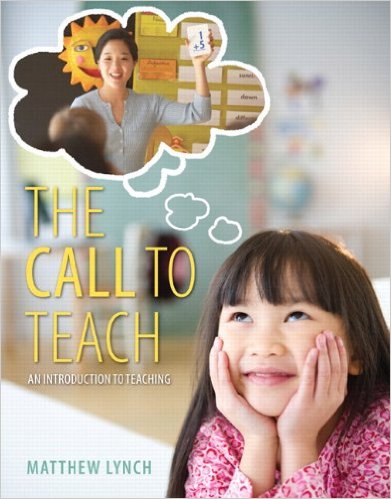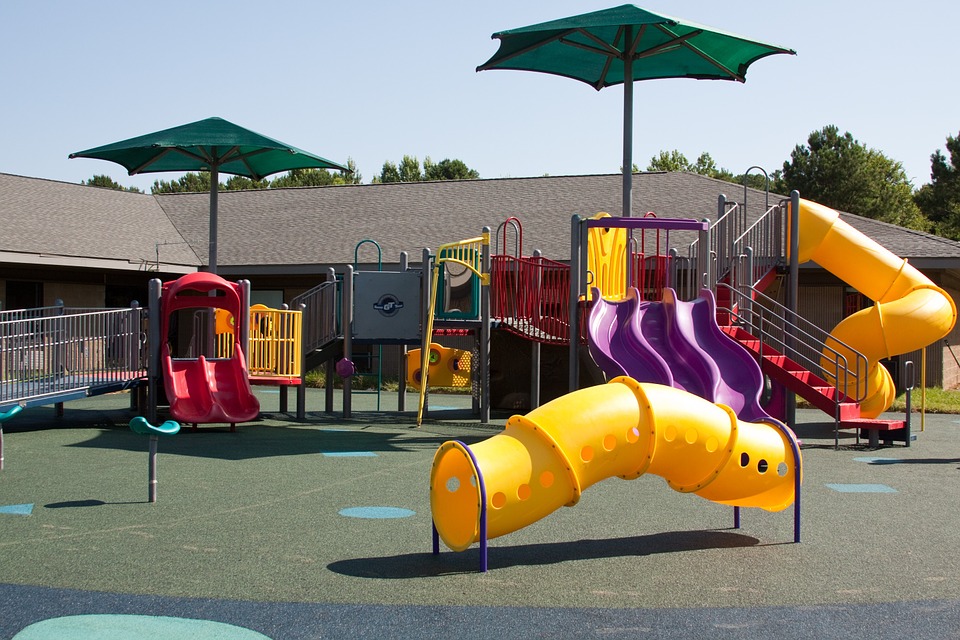We should encourage boys _and_ girls to reach for the stars

Alice Gorman, Flinders University
As a child growing up on a farm, I was fascinated by the night sky. I could identify all the constellations, and I’d gaze up at them, trying to get my mind around interstellar distances.
I wanted to go to the stars. Surely, I thought, the secret to human existence lay at the heart of a star.
My parents indulged me one Christmas and bought me a tiny telescope. I read all the encyclopedias in the house. I watched the physicist Julius Sumner Miller present his Why is it so? show on the television after school and dreamt of making earth-shattering discoveries.
But at primary school in the mid 1970s, despite my love of science, I soon picked up the message that girls were supposed to be good at words, and boys at numbers. Girls also did sewing while the boys did woodwork, and girls were not allowed to compete in the full range of athletic events.
Nurses, teachers, wives and mothers
At high school, in a regional town, we were educated to be wives and mothers. Nursing and teaching were highly suitable careers until we married and started reproducing.
This was not my ambition. I continued with science all the way through secondary school. I finished Year 12 in the top 10% of the state, but got a poor mark in physics.
The common opinion of the adults around me was that it was insufficient to pursue a career in astrophysics. It was seen as more evidence that my strength lay in words, and not numbers, despite high marks in chemistry and maths.
By then I was committed to archaeology, but I was still devastated to have the astrophysics option closed off. In the first year of my archaeology degree, I also took astronomy and persuaded the physics tutor at my residential college to let me audit the in-house tutorials.
You could say I was “leaning in” so far that I practically fell off the edge. But there was no one to catch me. There was no one who said, if that’s what you really want to do, let’s talk about how to achieve it.
No one said, hey, you’re good at words but you’re also good at numbers.
It’s all relative
As it turns out, archaeology did eventually take me to where I wanted to be. In 2002, I had a moment of revelation and began researching the archaeology of outer space. Within a few years, I was part of the Australian space community.
One day, a space colleague said: “I don’t understand why, if you’re so into space, you didn’t just study astronomy or astrophysics to begin with?”
“I did want to be an astrophysicist”, I replied, “but I was told that I didn’t get a high enough mark in physics”.
When I confessed the mark – 62%, it was burned in my brain – he revealed it was the same he got for his HSC physics.
The world turned slowly upside down and then the right way up again. We got the same mark; he went on to get a PhD in astrophysics; I was encouraged to stay with words.
This was where I had trickled out of the controversial “leaky pipeline”. I’ve got further than many, as some recent studies report there are even fewer girls taking physics in high school than there were 20 years ago.
The root, the STEM, the flower
The choice between words and numbers still figures in how little girls and boys are socialised.
Recently, I attended a packed public lecture by an eminent scientist well known for his engaging and quirky style. One of my friends, a space scientist, had brought his children – two boys and a girl.
A little way into the talk, the eminent scientist said: “Now, we all know how little boys like to make explosions …”
The eminent scientist continued with the big picture stuff, about the life and death of the universe.
At the very end, one of the space scientist’s little boys asked a question. The eminent scientist told him that if he kept it up perhaps he could win a Nobel prize one day.
At drinks afterwards, the boy chased his little brother, while space scientist’s daughter quietly read her book in a corner.
As we left, people keep mentioning eminent scientist’s comment to the boy about the Nobel prize, trying to keep the inspiration going. His sister was quiet. I said to her: “You might win a Nobel prize too!”
“Oh no,” said the space scientist. “Literature is her thing”.
Words and numbers
A few things strike me about how girls get nudged out of science. One is the false dichotomy between words and numbers. They are not mutually exclusive.
Because girls at school are typically more verbal and literate, an either-or approach works against them. They’re seen to be uninterested in one if they show talent in the other.
This is not necessarily true, as my own experience demonstrates. Maybe the way we separate words and numbers in school curricula and in universities is part of the problem.
The whole thing starts so early. The eminent scientist was no doubt unaware of the impacts of his words and assumptions.
The space scientist probably doesn’t think twice about encouraging his little boy in numbers and his little girl in words. It’s what they’re interested in, after all, and he’s just being a supportive parent.
But where was the little girl in this narrative? Silent. She didn’t make explosions. She wasn’t encouraged to ask a question. She wasn’t praised and told she should aspire to a Nobel prize. She stayed in her book and kept a low profile, just as I did at her age.
Perhaps children shouldn’t have to choose which side they’re on. After all, the universe isn’t just about numbers, any more than humans are.
![]()
Alice Gorman, Senior Lecturer in archaeology and space studies, Flinders University
This article was originally published on The Conversation. Read the original article.






